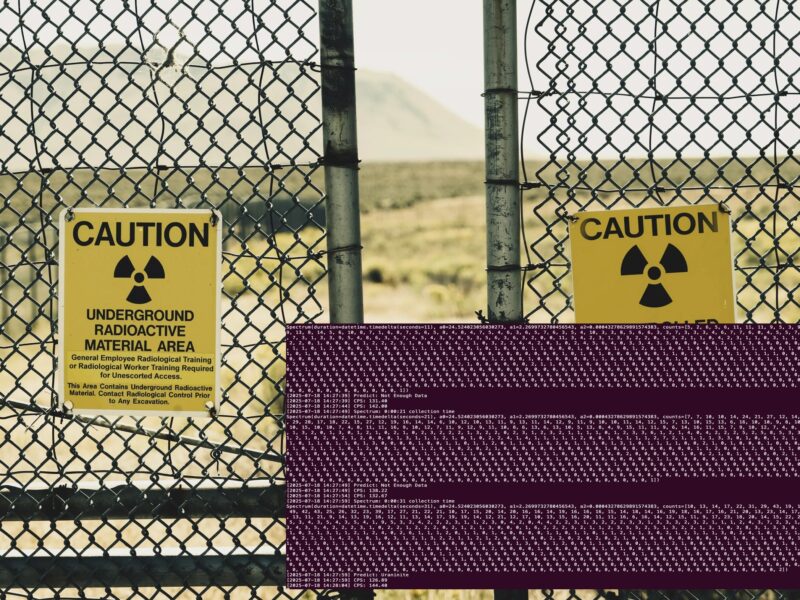The essential software development tools that businesses rely on are experiencing significant and increasing disruptions. According to a new data-driven report from DevOps backup provider GitProtect.io, major platforms including GitHub, GitLab, and Jira faced thousands of hours of downtime and degraded performance last year. The report, titled The CISO’s Guide to DevOps Threats, analyzed security incidents, outages, and vulnerabilities to quantify the impact on development teams.
A widespread pattern of instability
The report details a turbulent 2024 for the industry’s most critical tools, revealing a clear upward trend in operational problems. The analysis shows that no single platform is immune, with each of the major players contributing to a significant loss of working hours for development teams worldwide. The cumulative downtime highlights the growing challenge of maintaining resilience in increasingly complex software development environments.
Jira, a cornerstone for project tracking in modern DevOps, experienced a dramatic 44% year-over-year increase in reported incidents, jumping from 75 cases in 2023 to 132 in 2024. This surge resulted in a staggering 2,131 hours of degraded performance, which translates to approximately 266 eight-hour working days. The report notes this represents about 73% of the working days in a calendar year, underscoring the severe impact on productivity. The trend shows no signs of slowing, with the 2024 figures marking a 63% increase in incidents over the last two years.
The situation at GitLab also points to growing instability. The platform saw a 21% annual increase in incidents, rising from 76 in 2023 to 97 in 2024. Over the year, GitLab addressed 153 separate vulnerabilities while accumulating 798 hours of service disruption, equivalent to 99 full working days. A significant portion of this disruption, over 585 hours, came from just 44 incidents that caused partial outages. September was a particularly difficult month, with the company resolving 21 critical vulnerabilities alone.
Even industry giants were not spared. Microsoft’s Azure DevOps recorded 111 incidents that affected services for a total of 826 hours. This downtime is equivalent to 103 standard workdays, or nearly 28% of a typical working year. The report contextualizes this by noting that developers could have completed eight to ten full hackathon cycles in the time lost to these disruptions.
While GitHub showed some improvement with a 25% reduction in incident frequency compared to the previous year (down to 124 from 165), its users still endured around 800 hours of degraded performance. This included 26 major incidents causing over 134 hours of disruptions. The remaining 97 cases of degraded performance accounted for 669 hours, or the equivalent of more than 80 working days. The third quarter of 2024 was identified as the platform’s peak period of instability, with 42 incidents recorded.
At a glance:
- Jira: The project tracking tool saw a 44% year-over-year increase in incidents, resulting in over 2,100 hours of degraded performance. This is the equivalent of 266 working days lost.
- Azure DevOps: Microsoft’s platform experienced 826 hours of downtime across 111 separate incidents, impacting nearly 28% of a standard working year.
- GitLab: Users faced a 21% increase in incidents compared to the previous year. The platform addressed 153 vulnerabilities while accumulating nearly 800 hours of service disruption.
- GitHub: While the frequency of incidents decreased by 25%, the platform still logged 800 hours of degraded performance over 124 incidents, equivalent to more than 100 working days.
The root cause and the path forward
The report emphasizes that these widespread disruptions are not merely a series of isolated technical failures. Greg Bak, Chief of R&D at GitProtect.io, explains that the root cause is the growing complexity of DevOps environments. He points to the widespread adoption of distributed architectures, CI/CD practices, and multi-cloud infrastructures as factors that significantly increase the difficulty of detecting vulnerabilities, enforcing consistent security policies, and responding to incidents in real time.
This complexity creates a fragile ecosystem where even minor issues can quickly escalate. The analysis of Atlassian’s other major tool, Bitbucket, further illustrates this point. Bitbucket reported 38 incidents that resulted in over 110 hours of disruption. When factoring in scheduled maintenance windows, the total disrupted time approached 200 hours, with over 70 of those hours classified as critical or major disruptions. The report notes that this is enough time to watch the entire Game of Thrones series from start to finish.
Bak concludes that resilience must be embedded into every phase of the DevOps lifecycle. He argues that organizations can no longer treat backup and disaster recovery as an optional extra but must see it as foundational to business continuity. Without a robust strategy to protect against data loss and service interruptions, companies remain vulnerable to critical outages and significant delays in software delivery. The report suggests that organizations must plan for failure, not just uptime, and routinely test their recovery processes to mitigate these growing risks.

